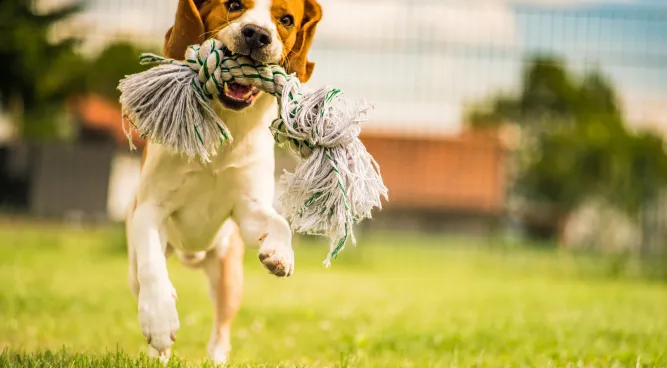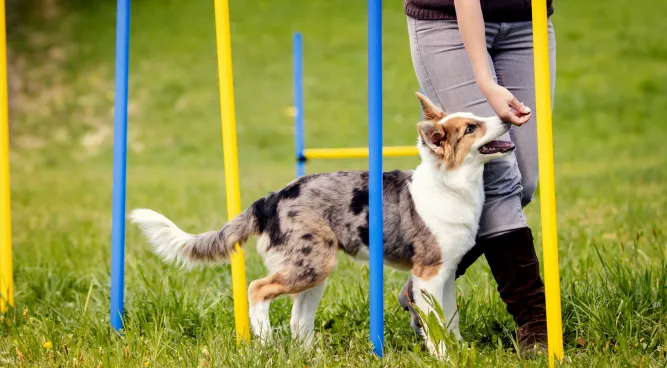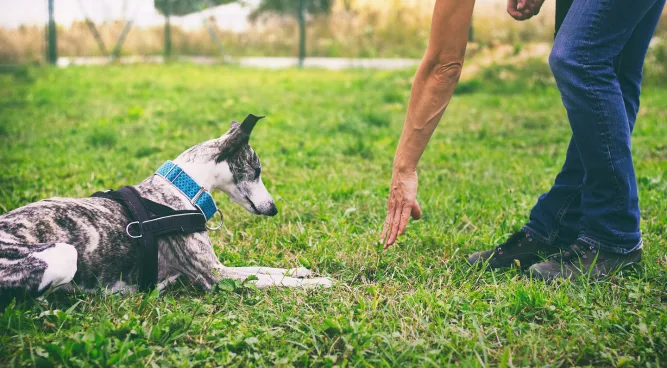How to Neutralize Cat Feces in Soil: Everything You Need To Know
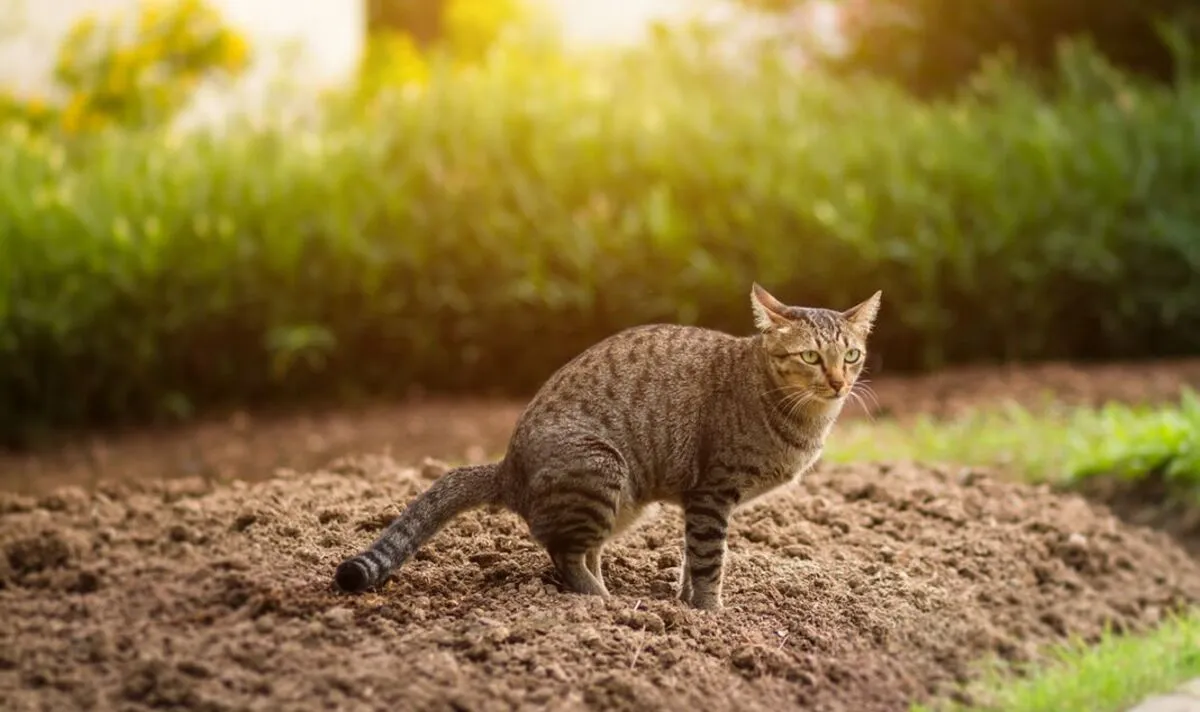
Table of Contents
Discover effective methods on how to neutralize cat feces in soil. Learn environmentally friendly solutions to tackle pet waste and maintain a healthy garden. Explore tips for safe and responsible disposal, ensuring a clean and thriving outdoor environment.
In the realm of gardening, encountering the issue of cat feces in soil is not uncommon. Cat feces, while often dismissed as a minor inconvenience, can have adverse effects on soil quality and plant health. In this comprehensive guide, we will delve into effective methods to neutralize cat feces in soil, ensuring a thriving garden environment.
How to Neutralize Cat Feces in Soil?
Cat feces contain harmful bacteria and parasites that may damage soil and pose a risk to human and animal health. Cat feces should be removed from the soil as soon as possible to prevent the spread of illness.
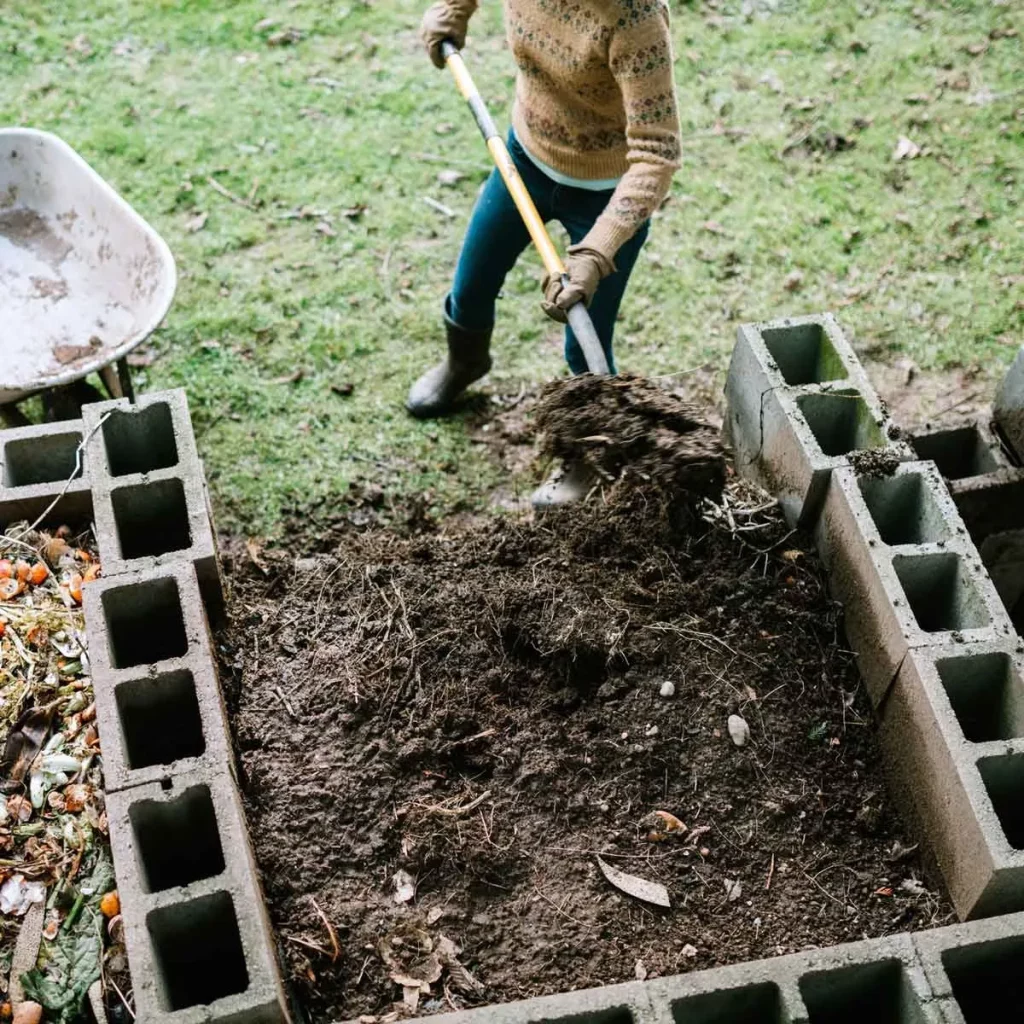
To neutralize cat feces in soil, you can follow these steps:
- Remove the feces from the soil. You can use a scooper or a shovel to remove the feces and the surrounding soil.
- Dispose of the feces in a plastic bag and seal it tightly.
- Wash the area where the feces were with soap and water.
- To further neutralize the area, you can apply a commercial pet waste digester product. These products contain enzymes that break down the waste and make it harmless.
- Allow the area to dry completely before allowing your cat or other animals to use it.
By following these steps, you can help prevent the spread of disease from cat feces in your soil.
Understanding the Problem
Before we proceed with solutions, it’s crucial to understand the impact of cat feces on soil. The delicate balance of soil ecosystems can be upset by the pathogens and high nitrogen levels found in cat waste. Plant growth may be stunted, disease susceptibility may increase, and offensive smells may result from this disparity.
An amazing post ato read about can cats eat dandelions
The Importance of Timely Cleanup
One of the fundamental steps in maintaining a healthy garden is the prompt removal of cat feces. Regular cleanup not only prevents the accumulation of harmful substances in the soil but also discourages cats from making the garden their litter box. Use gloves and a sturdy scoop for safe and efficient removal.
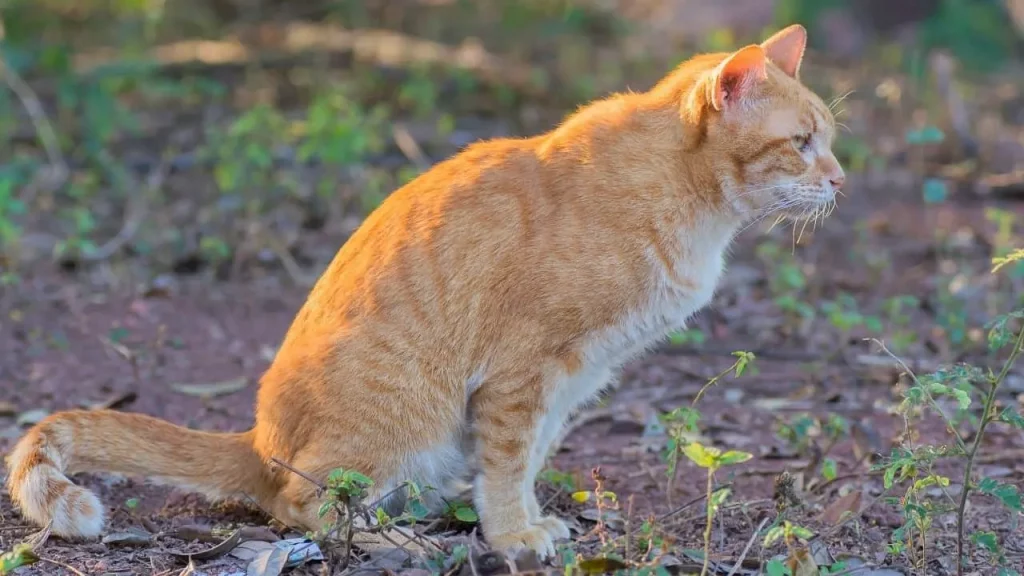
Incorporating Natural Amendments
Beneficial Microorganisms
To restore soil health, consider introducing beneficial microorganisms. These microorganisms aid in breaking down cat feces and converting nitrogen into a form that plants can readily absorb. Products containing mycorrhizal fungi and beneficial bacteria can be applied to the soil to enhance its microbial activity.
Composting
Composting is an eco-friendly approach to neutralizing cat feces. Create a separate compost bin specifically for non-edible plants, and layer cat waste with other compostable materials. Ensure proper aeration and turn off the compost to accelerate the decomposition process.
Soil Testing and Adjustments
Regular soil testing is essential to monitor nutrient levels and pH. Cat feces can alter the pH of the soil, making it more acidic. Adjust the pH using natural amendments such as lime to create an environment conducive to plant growth.
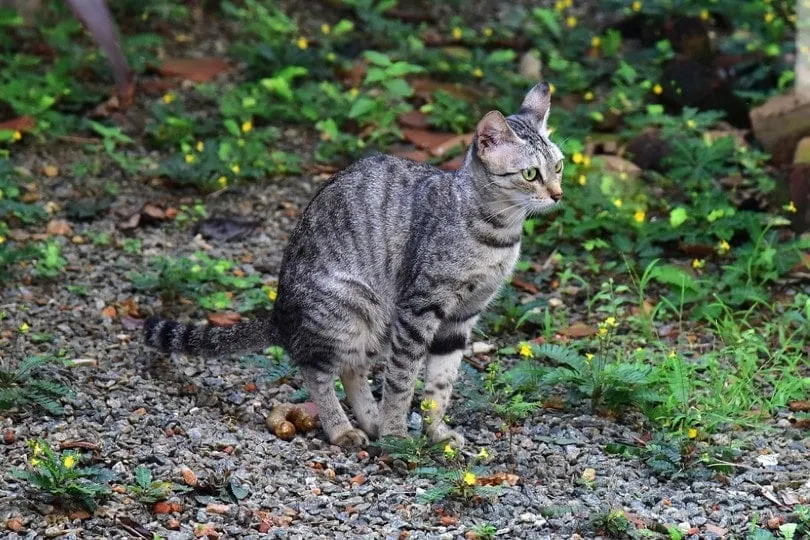
Mulching Techniques
Wood Chips and Straw
Mulching not only helps in moisture retention but also serves as a barrier against cat feces. Apply a generous layer of wood chips or straw around plants to deter cats and prevent direct contact between feces and the soil.
Citrus Peels
The natural oils in citrus peels act as a cat deterrent. Scatter dried citrus peels throughout the garden to discourage feline visitors. Additionally, the peels contribute essential oils to the soil, further aiding in neutralizing harmful substances.
Conclusion
Maintaining a garden free from the adverse effects of cat feces requires a multi-faceted approach. From timely cleanup to incorporating natural amendments and implementing mulching techniques, these strategies work together to ensure a flourishing garden environment for your Pet Traning.
FAQs
How do I break down cat poop in my garden?
To break down cat poop, use a composting method with carbon-rich materials like leaves or straw. Turn the compost regularly to facilitate decomposition.
How do I stop cats pooping in my garden permanently?
Deter cats by placing citrus peels, coffee grounds, or prickly mulch in your garden. Alternatively, consider motion-activated sprinklers or natural repellents.
How do you get cat poop smell out of the soil?
Neutralize odors by adding activated charcoal, baking soda, or a mixture of water and vinegar to the affected soil. Ensure proper aeration to aid in odor reduction.
Is cat feces good for plants?
No, cat feces can carry parasites and pathogens harmful to humans. It’s not recommended as fertilizer; opt for safer alternatives like composted kitchen scraps.
How long does it take for cat poop to decompose? D
Depending on the environment and the method of breakdown, cat poop can take anywhere from six months to two years to completely decompose.




